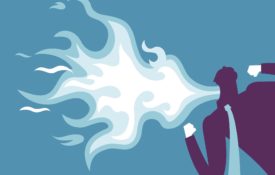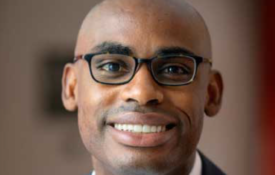-

New Content From Current Directions in Psychological Science
A sample of articles on computational models and psychological measurement, clinical applications of digital technologies, infants’ everyday experiences, trajectories of anxiety and depression, language acquisition, a new way of studying psychopathology, group-based control, binocular rivalry, and aging and digital technology use.
-

New Research From Clinical Psychological Science
A sample of research on neural correlates of psychopathology in adolescence, affect-dynamics and psychosis risk, estimation of treatment effects, well-being and psychopathology, health-service-psychology training, social-media use and depression, negative information and anxiety and depression, drinking variables following college graduation, and alcohol and sexual decisions.
-

Ruthless Competition, Top-Dog Cultures, and Too Few Women
An organizational emphasis on intellectual superiority can contribute to a “masculinity-contest culture” that may discourage women from jumping in.
-

New Research in Psychological Science
A sample of research on racial bias in police traffic stops, hypothesis testing, learning about the self, motivating growth by feeling discomfort, habits, stereotypes, and visual search.
-
Why American Teens Are So Sad
The United States is experiencing an extreme teenage mental-health crisis. From 2009 to 2021, the share of American high-school students who say they feel “persistent feelings of sadness or hopelessness” rose from 26 percent to 44 percent, according to a new CDC study. This is the highest level of teenage sadness ever recorded. The government survey of almost 8,000 high-school students, which was conducted in the first six months of 2021, found a great deal of variation in mental health among different groups. More than one in four girls reported that they had seriously contemplated attempting suicide during the pandemic, which was twice the rate of boys.
-

2022 Spence Award Mini Episode: Neil Lewis Jr. on the Unequal Nature of Society
Neil Lewis Jr. discusses how despite living in the same country, people end up having wildly different life experiences.

